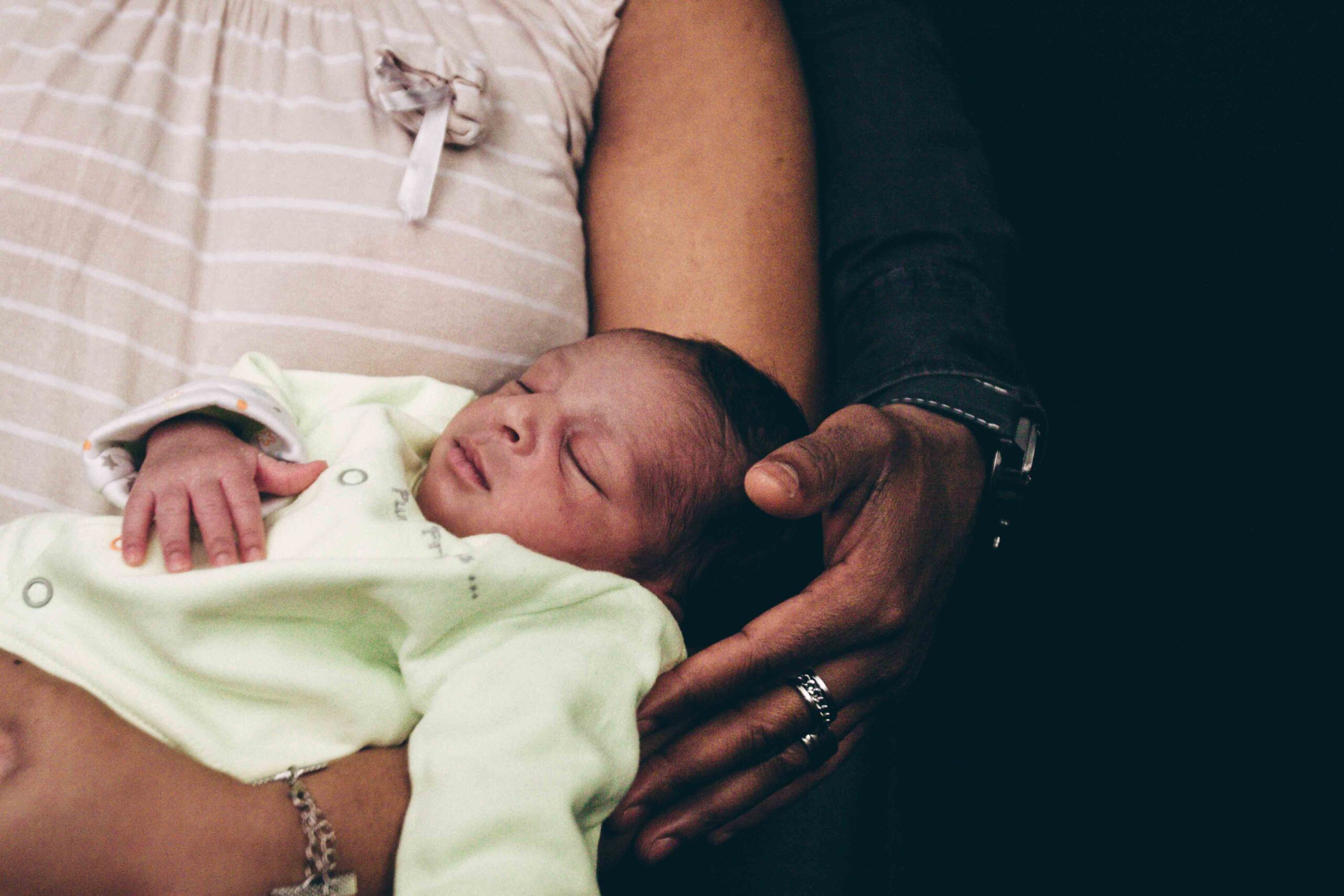When a father is not listed on a birth certificate in Houston, Texas, it brings both legal and social implications.
The child’s rights, including inheritance, access to family medical records, and social security benefits, may be severely impacted by the father’s name being absent.
Legal Implications in Houston, Texas
In Houston, Texas, the mother’s decision to include or exclude the father’s name on the birth certificate carries significant legal implications.
The father’s name is not included in the birth certificate automatically for the mother and father who are not married. The mother has the right to decide whether to include it. This decision can affect various aspects of the father’s rights and responsibilities, including:
- Custody Rights: Without the father’s name on the birth certificate, he may face difficulties in asserting his right to custody. Legal recognition of paternity is often a prerequisite for pursuing joint or sole custody of the child.
- Visitation Rights: The absence of the father’s name can complicate the establishment of visitation rights. Fathers may need to undergo legal processes to gain the right to visit their child regularly.
- Child Support Obligations: If the father’s name is not on the birth certificate, he may initially be free from child support obligations. However, once paternity is established, he could be legally required to provide financial support to the child.
- Parental Rights: The exclusion of the father’s name can affect his overall parental rights. This includes participating in important decisions regarding the child’s upbringing, education, and medical care.
- Paternity Establishment: Fathers who wish to be involved must often take legal steps to establish paternity. A court order or a voluntary acknowledgment can accomplish this. Once paternity is established, the father’s name can be added to the birth certificate, granting him legal rights and responsibilities.
- Legal Recognition: Without the father’s name on the birth certificate, he may not be legally recognized as the child’s parent. This can affect his ability to make legal decisions on behalf of the child or claim certain parental privileges.
- Government Benefits: The father’s name on the birth certificate can influence eligibility for government benefits and programs. This includes health insurance, social security benefits, and other forms of assistance that may require proof of paternity.
- Inheritance Rights: Excluding the father’s name may complicate the child’s ability to claim inheritance from the father’s estate. Legal recognition of paternity can help secure the child’s rights to the father’s assets and property.

Reasons for Excluding the Father’s Name
- Uncertain Paternity: If there is doubt about the father’s identity, the mother may choose not to include his name until paternity is confirmed.
- Safety Concerns: In situations involving domestic violence or abuse, the mother might exclude the father’s name to protect herself and the child.
- Lack of Involvement: If the father is not involved or unwilling to take responsibility, the mother may decide to leave his name off the certificate.
Does The Biological Father Have Rights If He’s Not On The Birth Certificate?
If the biological father is not named as the child’s father on the birth certificate, he does not automatically have any parental rights under Texas law. Nevertheless, the father’s lack of name on the birth certificate does not automatically mean that he has no rights at all.
Presumption of Paternity
The Impact on the Child

- Sense of Identity: Knowing both parents can significantly impact a child’s sense of identity and belonging. Children often seek to understand their heritage and family background. Excluding the father’s name may lead to confusion and a sense of incompleteness.
- Access to Inheritance: Without the father’s name on the birth certificate, the child may face legal challenges in claiming inheritance rights. This can include property, assets, or other family heirlooms that the child might be entitled to.
- Social Security Benefits: The father’s name on the birth certificate is often necessary for the child to receive Social Security benefits. This includes survivor benefits if the father passes away or disability benefits if the father becomes unable to work.
- Medical History: Access to the father’s medical history is crucial for the child’s health and well-being. Knowledge of genetic conditions, predispositions to certain illnesses, and family medical history can aid in early diagnosis and preventive care.
- Emotional Well-Being: The emotional well-being of a child can be affected by the absence of a recognized father figure. Children might experience feelings of abandonment or questions about their self-worth. Having both parents acknowledged can provide emotional stability and support.
- Legal Complications: Excluding the father’s name can lead to legal complications in various situations, such as applying for passports, school enrollments, or other legal documents where proof of paternity might be required.
- Parental Support: The father’s involvement can provide additional support, both emotionally and financially. Acknowledging the father’s name on the birth certificate can encourage a more active participation in the child’s life, contributing to a more balanced upbringing.
Additional Frequently Asked Questions

Is It Illegal to Have a Baby and Not Tell the Father?
Complex Situations: While not informing the father about a pregnancy can complicate matters, it typically does not constitute a criminal offense. The focus remains on the best interests of the child and preserving the rights of all parties involved.
Can You Refuse to Be a Father?
Until paternity is formally established through the court system, a man retains the right to abstain from signing the birth certificate or assuming parental roles, which can involve declining financial support or custody obligations at the outset. In cases where paternity is in question, judicial authorities have the authority to order DNA testing.
If genetic testing confirms biological fatherhood, the man gains legal recognition as the child’s father and may be obligated to fulfill parental duties as determined by law.

Conclusion
While a mother can refuse to put the father’s name on the birth certificate, it’s a decision that comes with significant legal and emotional consequences. Understanding the reasons behind this choice and the potential impact on all parties involved is crucial. For fathers, knowing their rights and the steps to establish paternity can help ensure they play a role in their child’s life.
Tess House Law is Always Ready to Help


